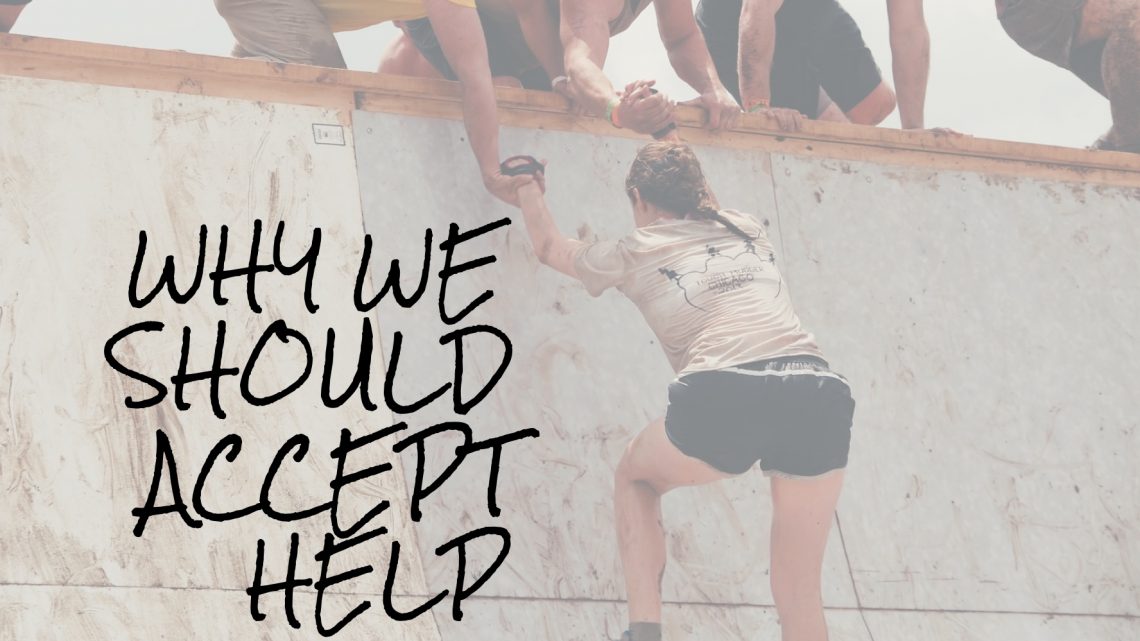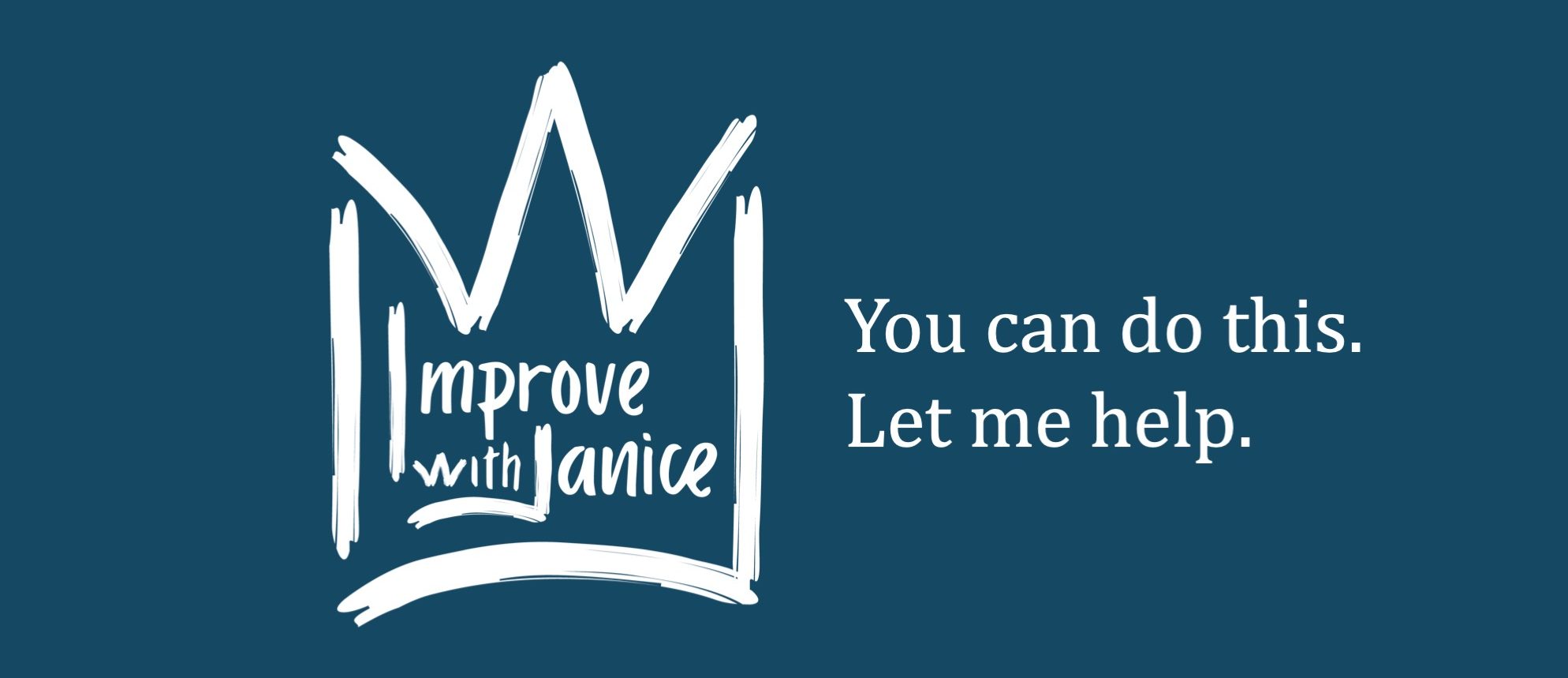Why We Should Accept Help
05/30/2021
Is this familiar? A friend is having a busy week and struggling to get it all done. As an excellent friend, you offer to drop off dinner tonight so he or she won’t need to shop or cook today. The relatively easy gesture makes you feel like a useful friend and provides her with a small, welcomed relief. You both feel better and perhaps closer as you feel grateful for the type of friendship you have. You are glad to help and would repeat it in heartbeat.
A few weeks later, the roles reverse. It’s a perfect storm of busyness and you don’t know how you’ll do it all. The phone rings, and it’s your friend offering to drop off dinner. As you consider the mishmash of things in your refrigerator, you realize you have nothing appealing for tonight. Naturally you say “No thanks! I’m good, but thanks for offering!” WHAT just happened?
Why Accepting Help May Be Hard
Accepting help may not come naturally, especially for a person who identifies as strong and independent. When asking or allowing others to help, it may feel like we are “admitting” something–we aren’t as well organized, as in control, or as successful. Accepting help may feel like you are inferior or unskilled in a task that another person may find easy. This may cause us to feel less useful or inefficient. How can I identify as a boss if I need help with setting up my home network?
Why Accepting Help Is Actually Great
When we help others, it gives us a boost in our own esteem (read this interesting article describing multiple research showing just that). Additionally, helping others doesn’t lead us to think lesser of them. For instance, if I help you go through your late aunt’s belongings, it is not because you are unable to do it on your own, but rather it may be easier or less daunting with extra hands and extra moral support.
Accepting help may also provide an opportunity to learn a new skill from someone you enjoy spending time with already. If you are great at home improvements and I’m talented with organization we could learn from each other’s strengths (or continue to swap expertise help). Ultimately, we can accomplish more by leveraging knowledge and or skill and perhaps saving ourselves hours of frustration.
If you’re still on the fence about allowing others to help, consider that it may provide a pathway for a better friendship. When we show vulnerability (i.e. admitting we aren’t masters of all the things), it makes it easier for others to also feel comfortable portraying their true self without feeling judged. Supporting one another creates an opportunity to deepen a friendship. The more often we demonstrate altruistic efforts, the better we feel, the better our friends are supported, and the better our community becomes.
Challenge yourself to be more accepting of help from those around you. You may find the more you let go of the internal monologues preventing openness to such offers, the more you develop feelings of being self-assured in your role and value as well as in your friendships. If you’re still opting for mishmash dinners to avoid help, consider life coaching to make some improvements.

[…] to be. Not convinced it’s worth the discomfort (yes, change can be scary and it’s hard to accept help)? If you look further, you can see just how frequently this occurs in various […]